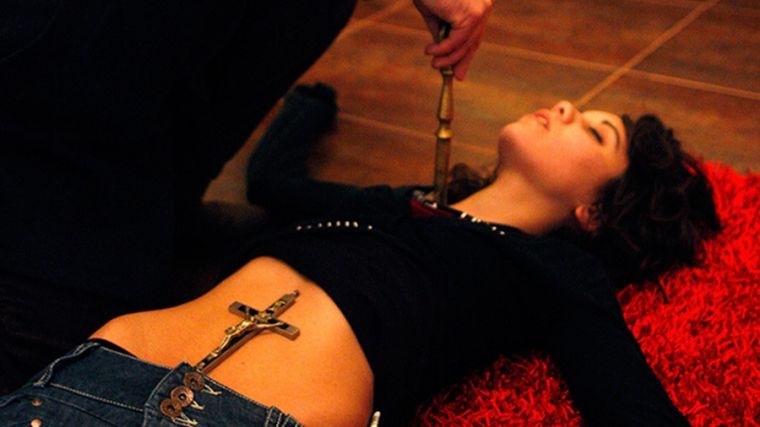Veteran Exorcist Explains Difference Between Mental Illness and Real Demonic Possession

Don't be misled: Not all who show signs of demonic possession are actually possessed.
Veteran exorcist Father Cipriano de Meo told CNA's Italian agency ACI Stampa that since he began working as an exorcist in 1952, he has found out that typically a person apparently showing signs of demonic possession is actually just struggling with a physical or mental illness.
He said there are two ways of finding out if a person making bizarre action is truly possessed. First, there could be real demonic possession if the person discerns that a prayer is being said for him by an exorcist. Second, possession could be real based on the person's reaction to the exorcist and the prayers being said for him.
The exorcist will typically say "prolonged prayer to the point where if the adversary [demon] is present, there's a reaction," de Meo said.
The priest then described the usual reaction that a possessed person makes in response to the exorcist's prayer.
"There's no lack of frightening facial expressions, threatening words or gestures and other things, but especially blasphemies against God and Our Lady," de Meo said.
The renowned exorcist explained that not all cases of possession look the same and that they are not as common as cases of psychological illness.
Father de Meo said the best defence against demonic possession is a simple life of prayer. "It's absolutely fundamental to get rid of sin and live in the grace of God," he said.
Aside from this, the exorcist said people could guard against demonic possession by rejecting any activity that involves recourse to Satan or demons, or attempts to conjure the dead or reveal future events.
He cited paragraph 2116 of the Catechism of the Catholic Church, which lists down the activities that must be avoided: "Consulting horoscopes, astrology, palm reading, interpretation of omens and lots, the phenomena of clairvoyance, and recourse to mediums all conceal a desire for power over time, history, and, in the last analysis, other human beings, as well as a wish to conciliate hidden powers. They contradict the honor, respect, and loving fear that we owe to God alone."
As for the exorcists, they have to remain humble and to always bear in mind that their power comes from Christ, de Meo said.











